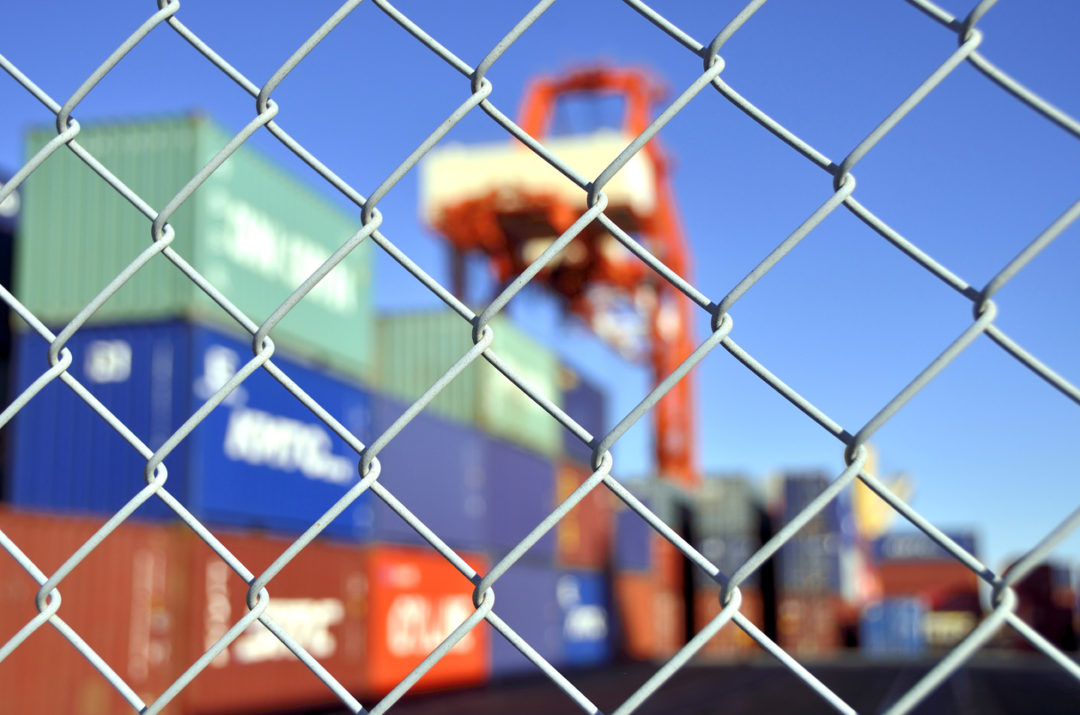
The concept of supply chain security holds significant weight in today's global business landscape. To understand the dynamics and challenges involved, it's essential to explore the current state of the global supply chain, including shifting trust levels and transparency demands.
Supply chain security, in the context of anti-counterfeiting, consists of two primary components: securing business relationships with suppliers, original equipment manufacturers (OEMs), transporters, distributors and e-commerce platforms; and enforcing anti-counterfeiting measures. It’s vital to ensure that all business partners are actively engaged in the effort to implement effective measures and hold partners accountable for compliance.
The right approach to securing supply chains against counterfeits varies significantly across industries. Two distinct examples highlight these differences.
The semiconductor industry witnessed a surge in counterfeiting activities during the COVID-19 pandemic, as counterfeiters exploited the global chip shortage. Countermeasures focus on cleaning up online and offline sales of counterfeit products, conducting customs seizures, and tracking down counterfeit producers and wholesalers.
The automotive industry is concentrating on discovering how counterfeit chips and electronic components enter the production process, tracing the source of counterfeit parts, and conducting audits of suppliers and OEM factories.
Factors driving the elevated state of intellectual property (IP) risks in the current global supply chain include:
- Continued counterfeiting activities. Supply shortages resulting from COVID-19 have created an environment conducive to counterfeiting. Counterfeiters who invested in tooling, production processes and distribution channels during the shortages have not halted their activities.
- Changing supplier dynamics. The rush to diversify and change suppliers due to the pandemic, geopolitical tensions and production cost considerations has introduced new IP-related risks. Some companies may have compromised on the vetting process and requirements for new suppliers, leading to complications in managing relationships with previous suppliers and potential IP theft.
- Shifts in consumer behavior. Economic challenges and rising prices of consumer goods have driven demand for counterfeits, as even medium-income consumers seek more affordable alternatives. This shift opens the door for counterfeits and lookalike products.
- Online proliferation of counterfeits. Offline sales of counterfeits have shrunk, while the expansion of e-commerce platforms and global logistics services has made counterfeits more widely available and accessible. This shift presents new challenges for investigating and addressing counterfeiting activities.
In securing supply chains in a post-COVID world, it’s important to keep in mind how the dynamics and trust levels have shifted in recent years. Trends include the formation of stronger relationships between suppliers and partners, founded on trust and a history of collaboration; challenges caused by companies over-expanding their networks without sufficient auditing and vetting; geopolitical tensions; the rise of remote work, and stricter data privacy regulations.
Balancing trust and transparency in anti-counterfeiting efforts for supply chain security is a complex endeavor. As a first step, companies should implement a system for assessing trustworthiness among business partners. It should resemble traditional processes of selecting and engaging partners, including vetting, contracting and regular auditing.
Based on the results of the trust evaluation, companies can determine the level of information and engagement on a sliding scale and a case-by-case basis. Trustworthy partners can be involved more deeply in anti-counterfeiting efforts, allowing for the sharing of confidential information.
In practical terms, this may include measures such as recording trusted suppliers with customs to expedite the flow of authorized goods across borders, while enabling customs authorities to detect and detain suspicious goods from unauthorized sources. Building and maintaining trust within the supply chain is crucial to securing against counterfeits while preserving confidential business information.
Supply chain security and anti-counterfeiting measures have become more critical than ever in a post-COVID world. As the global supply chain evolves, so do the challenges and dynamics surrounding IP risks and trust levels. Striking a balance between trust and transparency is a delicate but necessary endeavor for businesses seeking to protect their supply chains and prevent counterfeiting in an ever-changing landscape.
Li Zhu is a partner at the law firm of Quarles & Brady.







